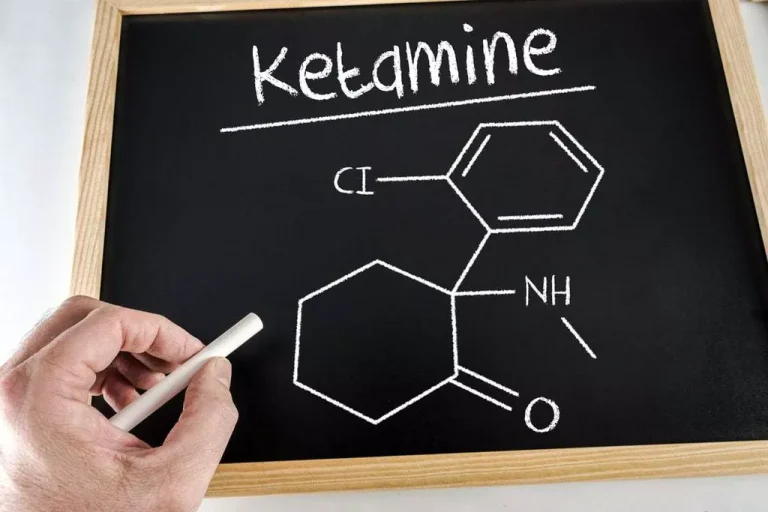Alcoholic neuropathy: Causes, symptoms, and treatment

Long-term alcohol use can wreak havoc on several vital organs and essential functions in the body. If you have a diagnosis of alcoholic neuropathy, abstinence from alcohol is the primary treatment to restore nerve function. Drinking alcohol with any neuropathy could cause further damage to nerves.
What is alcohol-related neurologic disease?
- You might look for a support group specifically for alcoholic neuropathy or for people coping with chronic pain.
- Long-term alcohol consumption is toxic to many areas of the body, including the nervous system.
- It is possible that hepatic dysfunction and alcoholic toxicity each cause neuropathy independently, and that there is frequently overlap between the two.
- These programs include therapy, counseling, and education on substance abuse and its impacts.
These functions are achieved by PKC mediated phosphorylation of other proteins [16]. Apart from above function, over-activation of epsilon form of protein kinase C (PKCε) is known to be involved in mediating neuropathic pain, such as pain induced by cancer chemotherapy (vincristine) [56] and diabetes [57]. PKC and protein kinase A (PKA) are both known to be important in nociceptor function [57–59]. There are several studies suggesting the involvement of protein kinases in alcoholic neuropathy.
Role of spinal cord microglia
To prevent the development of alcoholic neuropathy, the most effective approach is abstinence or at least moderate alcohol use. Limiting your alcohol consumption not only lessens the risk of peripheral neuropathy but also improves your overall health. If you struggle with alcohol addiction, consider seeking professional help, such as rehab or therapy, and involving your social support network to overcome this problem. Heavy alcohol use can disrupt the absorption and metabolism of essential vitamins and nutrients, like thiamine (vitamin B1), which are crucial for maintaining nerve health.
History and Physical
Navarro et al. (1993) showed that nearly half of the alcohol-dependent patients without AAN symptoms and any aberrations in electrophysiologic studies presented abnormal SSR results [163]. In a similar study, SSR was alcohol neuropathy used to assess the number of reactive sweat glands (SGN), which turned out to be decreased in alcohol-dependent patients [164]. The available data addressing the role of hepatic dysfunction is presently inconclusive.

- The recovery time for alcoholic neuropathy varies significantly among individuals and is influenced by the severity of the neuropathy and the individual’s history of alcohol consumption.
- If a person does not stop drinking, the issues connected to alcoholic neuropathy will fail to recover and may become permanent.
- Alcohol misuse can lead to neurological damage that can affect multiple areas of a person’s health and well-being.
However, if you have a history of substance use disorder or chronic alcoholics, you may be suggested to use alternatives to regular pain medications, like massage or acupuncture. For those who have insurance, using health insurance to pay for rehab should cover at least some of the cost of addiction treatment. Depending on your individual insurance plan, treatment at a specific facility may or may not be covered. It’s important that you know what is covered prior to attending a rehab. Use the free online insurance coverage checker tool below to find out if your health insurance provides coverage for addiction rehab and other rehabilitation treatment plans for substance abuse recovery. In someone with alcohol use disorder who may consistently consume large amounts of alcohol, the chronic effect of alcohol on nerves can lead to permanent damage.
- Heavy alcohol use can disrupt the absorption and metabolism of essential vitamins and nutrients, like thiamine (vitamin B1), which are crucial for maintaining nerve health.
- They have central effects on pain transmission and block the active re-uptake of norepinephrine and serotonin.
- We do not know precisely how many people are affected by alcohol neuropathy, but research has shown that at least 66% of chronic alcohol abusers may have some form of neuropathy.
- Alcoholic neuropathy occurs when too much alcohol damages the peripheral nerves.
- The data indicates that there is both small and large fibre loss in alcohol-related neuropathy, but that small fibre loss is generally predominant [3, 51, 53, 56, 59, 63, 86].
Besides, the key mechanism of chronic pain includes the long-term potentiation of glutamatergic transmission. The percentage of alcohol-dependent patients affected by ALN is estimated to be 66% [50, 51]. An essential risk factor regarding the etiology of ALN is the amount of alcohol consumed throughout the years since alcohol displays direct toxicity on nerve fibers [55]. It is estimated that consumption of more than 100 ml of ethyl alcohol per day significantly increases the risk of ALN [56].

Avoiding excessive amounts of alcohol is the primary way to prevent alcoholic neuropathy. If you notice you are developing signs of alcoholic neuropathy (such as numbness after drinking alcohol), in addition to seeing a physician, try to stay away from alcohol altogether. If you are having difficulty avoiding alcohol, there are resources that can help you quit.
Does Insurance Cover Alcohol Addiction Rehab?

Alcohol abuse causes a wide range of disorders that affect the nervous system. These include confusion, cerebellar ataxia, peripheral neuropathy, and cognitive impairment. Chronic and excessive alcohol consumption is the primary cause of peripheral neuropathy. It is worth noting that peripheral neuropathy has no reliable treatment due to the poor understanding of its pathology. Overcoming alcohol use may not reverse the damage that has been done, but it can prevent nerve damage and other health issues from getting worse.

Treatment Options for Alcohol-Related Neuropathy

The recovery time for alcoholic neuropathy varies significantly among individuals and is influenced by the severity of the neuropathy and the individual’s history of alcohol consumption. Those with mild neuropathic symptoms and a shorter history of alcohol abuse may experience quicker and more significant recovery, especially if they cease alcohol intake and receive appropriate treatment promptly. Conversely, individuals with more severe neuropathy and a long history of heavy alcohol use may face a longer and more challenging recovery process, with some symptoms potentially becoming permanent if nerve damage is extensive. Generally, alcoholic neuropathy is a bit of an umbrella term used to describe any deterioration of the body’s nerve cells due to high levels of alcohol abuse. As such, you might be a bit confused if you hear the terms “alcoholic neuropathy” and “alcoholic polyneuropathy” used interchangeably.
The application of N-acetylcysteine for peripheral neuropathy
Getting help as quickly as possible can also reduce the alcoholic neuropathy recovery time, which can vary based on the extent of a person’s nerve damage and other factors. Alcohol can have toxic effects on the body, especially in excessive amounts and over a long period of time. Treating alcohol-related nerve damage, therefore, must begin with treating a person’s alcoholism. Prolonged exposure to heavy alcohol use can damage these nerves, which can result in a number of uncomfortable and potentially-dangerous symptoms. Nerve damage that is caused by or related to alcohol use is known as alcoholic neuropathy, or polyneuropathy when multiple nerves are affected. In addition, a support group can help you cope with the life changes you’re experiencing as a result of your condition.

